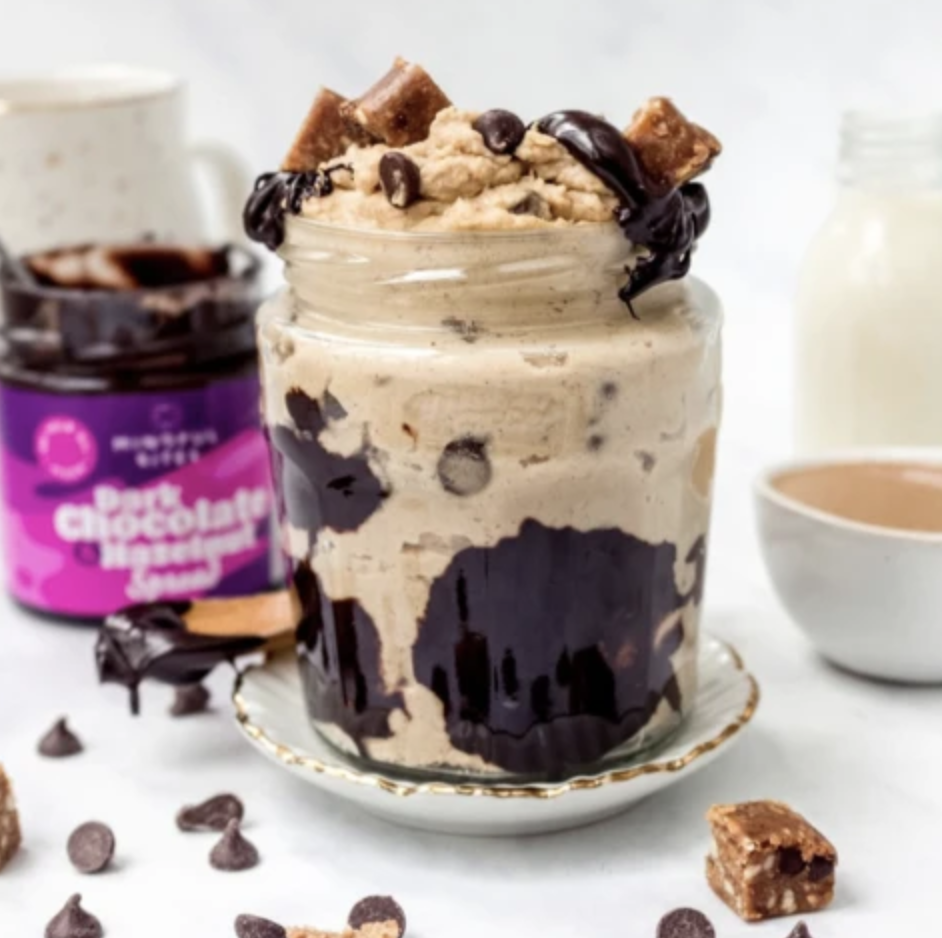Benefits of Eating Plant-Based
- Lauren Baker

- May 15, 2020
- 2 min read
Written for Mindful Bites
The way you eat reflects how you live your life, and if you feel miserable about your food, this will affect other parts of your life.
We want to be purposeful with my food, more aware of our connection with food and the plate-to-planet connection. This doesn’t mean cutting out everything we enjoy; just considering the ingredients in the brands we pick up at the supermarket and making sure they align with our beliefs.
This isn’t just buying one or two types of food each week. Sweet potatoes or broccoli may taste amazing, but variety is the best way to support agricultural biodiversity. Crop rotation is a natural way of keeping land fertile and maintain farmers livelihoods.
The world is learning that reducing our meat intake or eating a vegan diet can reduce our carbon footprint and have a positive impact on the world around us.
The variety of nutrients are body receives from plants is amazing. According to the World Health Organisation, eating at least five portions of a variety of fruit and vegetables each day will help to lower your risk of chronic illnesses such as heart disease, stroke and some even cancers. So, if five of these every day do this, what if we pushed it to ten or even twelve?
And this is essentially what a plant-based diet is. For some people, following a vegan lifestyle isn’t sustainable long term. To go from heavy meat and dairy intake to none can be a huge shock for our bodies – and if you’re miserable making the change, there’s absolutely no point.
But we can shift our diets to focus on foods from, you guessed it, plants. Not only fruits and vegetables, but including different nuts, seeds, oils, whole grains, legumes and beans. It doesn’t mean that you are vegetarian or vegan and never eat meat or dairy, you just choose more foods from plant sources most of the time.
Plants-based diets are often higher in fibre and offer all of the vitamins and minerals your body needs. People who are completely vegan may need to supplement vitamin B12, as it’s almost exclusively found in animal-sourced foods. The key isn’t completely eliminating meat or dairy completely if you don’t want to but reducing it by swapping in plant-based proteins, including beans and lentils.

And the benefit of this on the environment as well as your body?
Firstly, it requires less water to produce plants than it does to raise livestock. These animals can also pollute water in surrounding areas from their waste. Along with this, animals produce methane gas which contributes to global warming.
If you choose to eat meat, we recommend using a local butcher. Speak to them and find out what you are actually buying and try seeking out grass-fed meat, as it is associated with lower emissions. Plus, if they’re local – less transport emissions too!
We are incredibly proud of our products as they use a variety of nuts and ingredients which promote biodiversity in agriculture and the health of the plant. Try adding them to a warming bowl of porridge, pancakes, or even a morning smoothie for the perfect plant-based start to the day!







Comments